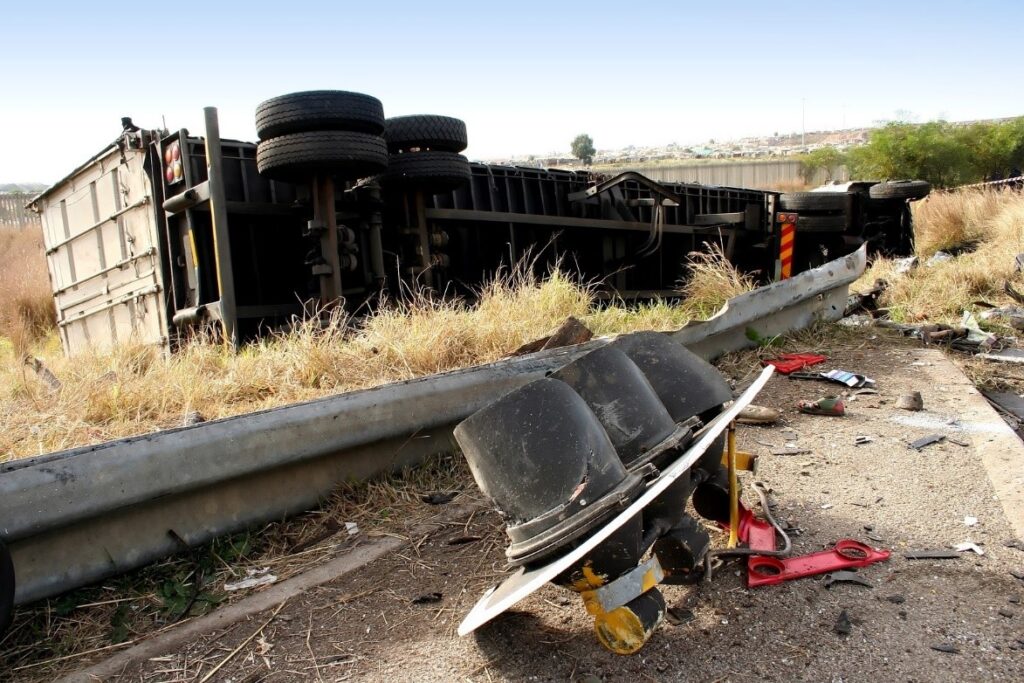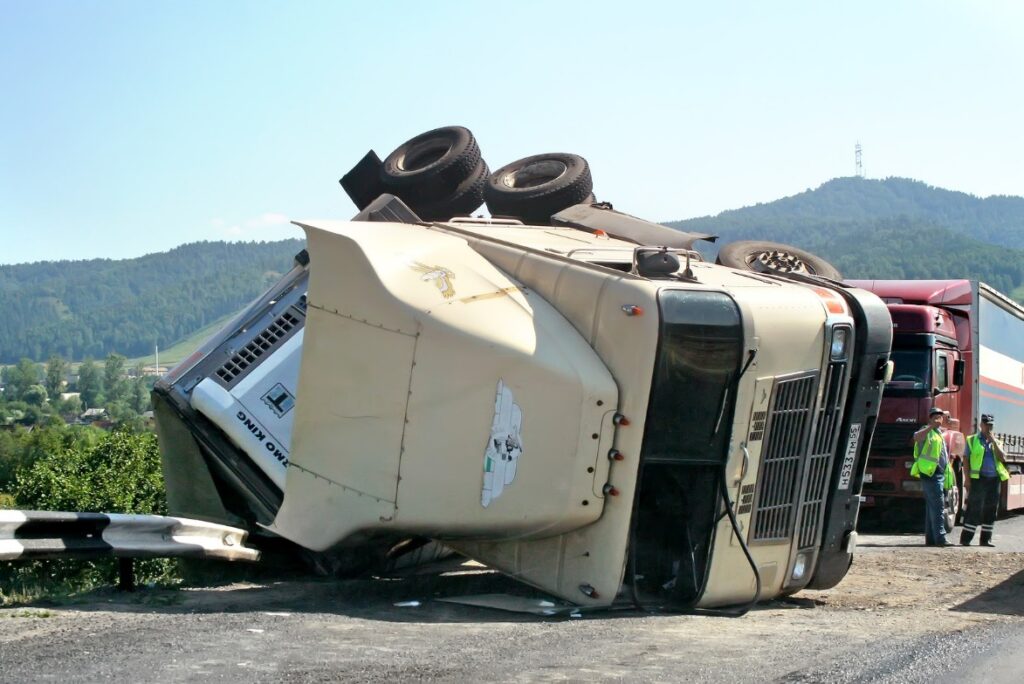Not to be confused with State Highway 67 in the Northern part of Texas, US Highway 67, or Route 67, runs through the Dallas-Fort Worth area. Highway 67 splits Texas in half, running from the Southwest to the Northeast, and connecting Texas from the border all the way through to Arkansas. This makes it one of the main trade hubs to connect Texas up to the Northeast and the Mexican border. This route is vital for truckers and travelers, meaning it is a powder keg for severe truck accidents.
If you or a loved one was involved in a truck accident on Highway 67 in Texas, especially in Johnson or Wise counties, talk to an attorney at The Queenan Law Firm. Dallas personal injury attorney Kevin Queenan used to work in the trucking industry and knows truck accident cases inside and out. Our attorneys may be able to get you compensation for your medical bills, lost wages, and for pain and suffering.

Trucking Regulations
There are dozens of rules that trucking companies and truck drivers across the country are required to follow. These rules limit the amount of cargo a tractor-trailer can carry, and place the costs of compliance on the trucking industry, but these regulations help ensure that trucking companies keep the roads safer. Even since the 90’s, these trucking regulations have been responsible for drastically reducing the number of tractor-trailer fatalities. However, many trucking companies still violate these regulations.
The Federal Motor Carrier Safety Administration (FMCSA) writes many of the rules that truck drivers and trucking companies need to follow. These regulations have the force of law, across the country. If a trucking company fails to follow these rules, and causes an accident, it might entitle the victims to even higher compensation in their truck accident lawsuit.
The first important rules truck drivers must follow are the “Hours of Service” rules. These rules limit how long a trucker can stay on the road. Since tired or drowsy driving can be as dangerous as drunk driving, these FMCSA regulations try to keep tired truckers off the road. This means limiting drivers to:
- No more than 8 hours of driving without a half-hour break;
- No more than 11 hours of driving in one day, followed by 10 hours off-duty;
- No more than 14 hours on-duty (including breaks), followed by 10 hours off-duty; and
- No more than 60 hours on duty in a 7-day workweek (or 70 hours in an 8-day workweek).
If truckers violate these regulations, they might be unfit to drive. Even those who work 8-hour days at a desk may find themselves tired and distracted after a full day. Truckers, who can work 14-hour days, could become fatigued behind the wheel and make serious errors, even if they do not fall asleep at the wheel.
Drivers must also pass medical exams. Some medical conditions make drivers unfit to take the wheel. The FMCSA prevents truckers with vision, hearing, or limb function issues from driving.
The trucks themselves must also be fit to drive. This includes following specific rules for equipment. Some of these rules affect tires, lighting, and maintenance requirements. On top of this, trucks must not go over an 80,000-pound weight limit, and must be loaded evenly to prevent fishtailing or flipping.
Compensation for Truck Accident Injuries
Truck accidents are often deadly. The size and weight of tractor-trailers and big-rigs often means other cars are crushed during accidents. If drivers and occupants survive, they often face serious injuries. Traumatic brain injuries, spinal cord injuries, and other severe injuries are common in trucking accidents. Even worse, most truck accidents with death involve the loss of the driver or passenger in the other car, not the truck driver who caused the crash.
If you were injured by a truck driver while he was working within the scope of his employment, you may be able to add the truck driver’s employer to the lawsuit. This is a form of “vicarious liability,” where the employer is responsible for the errors their employees make. This often means there is more money to cover your injuries and other financial needs.
After a truck accident, you may be entitled to medical expenses, lost wages, and compensation for pain and suffering. Medical expenses can cover ambulance rides, surgeries, checkups, imaging from X-Rays or MRIs, and even physical therapy and rehab. Lost wages include paychecks from work you missed during recovery, as well as paychecks you will miss in the future if you are unable to return to work. Pain and suffering damages are added on top of these, and depend on your own experience with the physical pain and mental suffering from your injuries.

Call Our Truck Accident Lawyers
If you or a loved one was injured in a truck accident on Highway 67, talk to an attorney. The Dallas truck accident lawyers at The Queenan Law Firm, P.C., offer free consultations to help you understand your legal options and what your case is worth. Call (817) 476-1797 today to schedule your free consultation.
